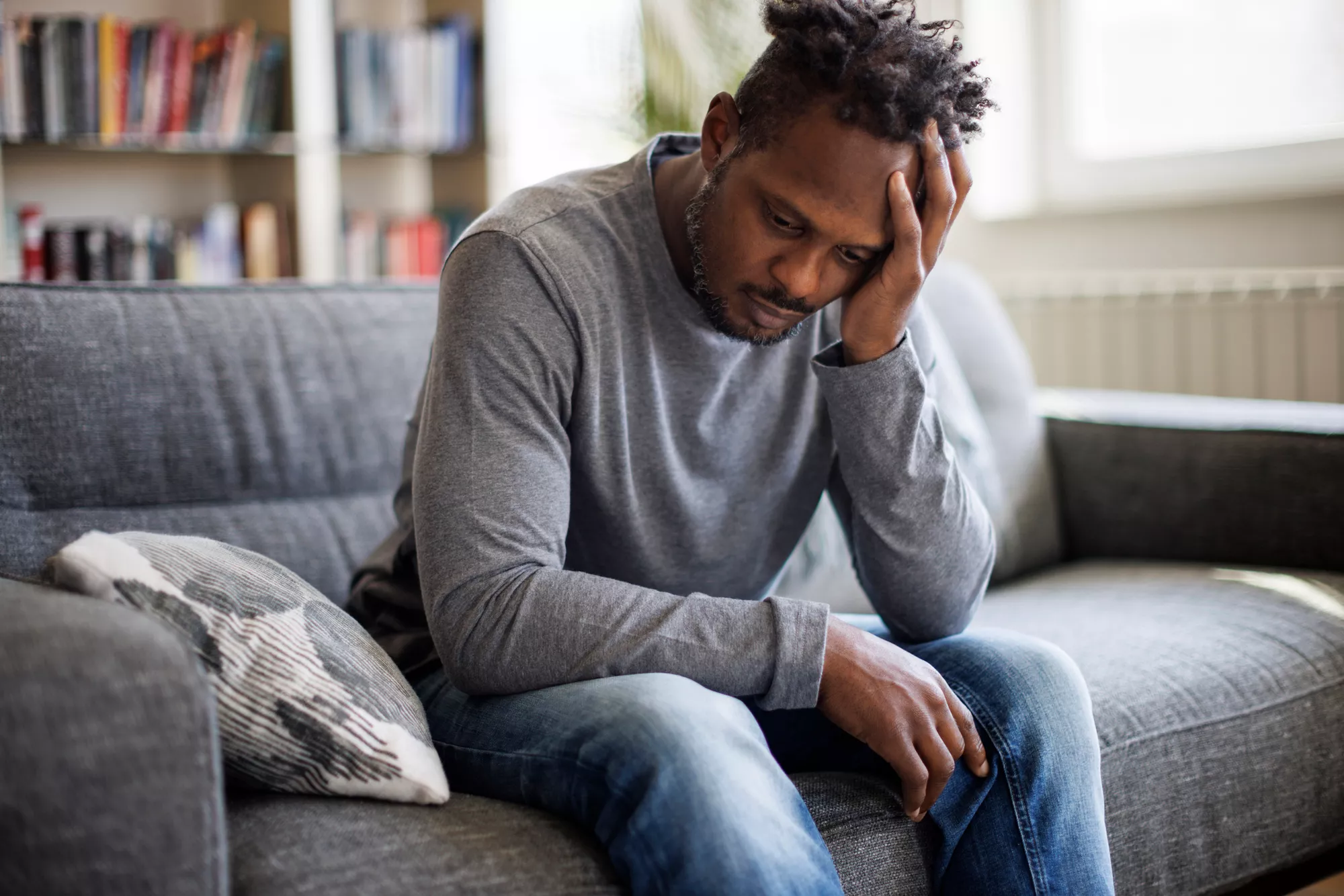Rainer A. Lewis White
Founder and Director, Cognitive Care Center, Antigua and Barbuda
Men’s mental health remains a significant global concern. Nearly 700,000 people die by suicide every year, with 75% of these deaths being men, according to the World Health Organization (WHO). This statistic highlights the gravity of untreated mental health issues, often exacerbated by societal stigma that discourages men from seeking help.
The Stigma Men Face
Worldwide, societal norms around masculinity perpetuate the notion that men should be emotionally resilient, which in turn discourages vulnerability. In the Caribbean, this is particularly acute. For example, in countries like Jamaica and Trinidad and Tobago, men are three to four times more likely to die by suicide than women. In Antigua and Barbuda, the suicide rate is 0.3 per 100,000 people, but access to mental health services remains severely limited.
According to Dr. Terri-Ann Joseph, no functional psychologists are employed by the Ministry of Health in Antigua and Barbuda, further compounding the problem. The Clarevue Psychiatric Hospital, the country’s main mental health facility, operates at full capacity but struggles with outdated infrastructure and limited resources.
Breaking the Silence: How Men Can Support Each Other
Despite these challenges, men can help each other break the stigma surrounding mental health. Peer support plays a crucial role in creating safe spaces where men can share their experiences without judgment. Community initiatives and awareness campaigns are essential in normalizing these discussions. In Antigua and Barbuda, and across the Caribbean, expanding access to community-based mental health services can significantly improve outcomes.
Addressing the Need for Action
Governments must invest in mental health infrastructure. Efforts to integrate mental health care into general health services are underway, but more needs to be done to address the stigma and ensure that men feel comfortable seeking help. Public education campaigns that challenge outdated notions of masculinity can also encourage more men to access mental health support.
Conclusion
The mental health challenges men face, particularly in the Caribbean, demand immediate attention. Addressing stigma, expanding access to mental health care, and encouraging open conversations are essential steps. With collective effort, we can improve outcomes for men struggling in silence.



